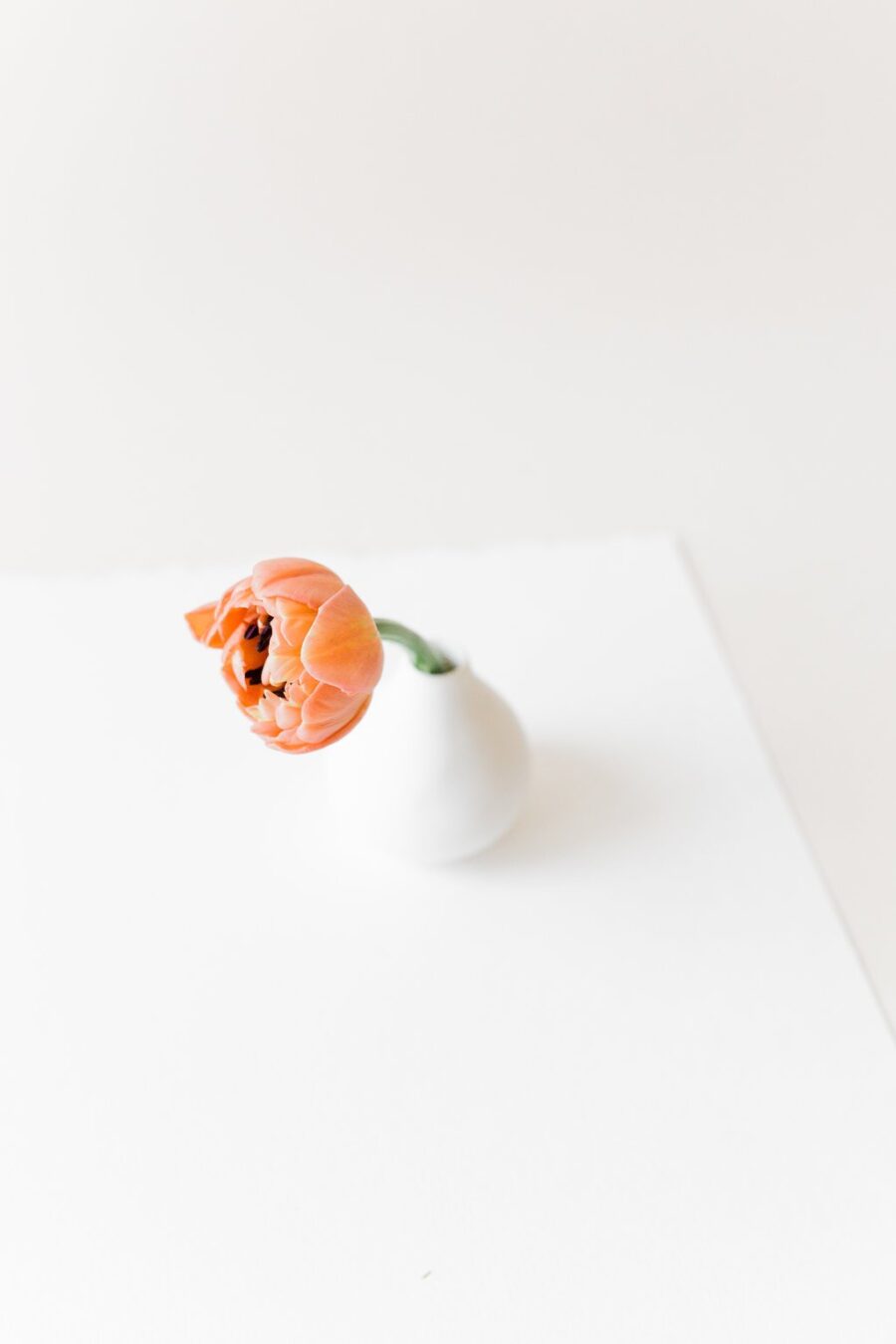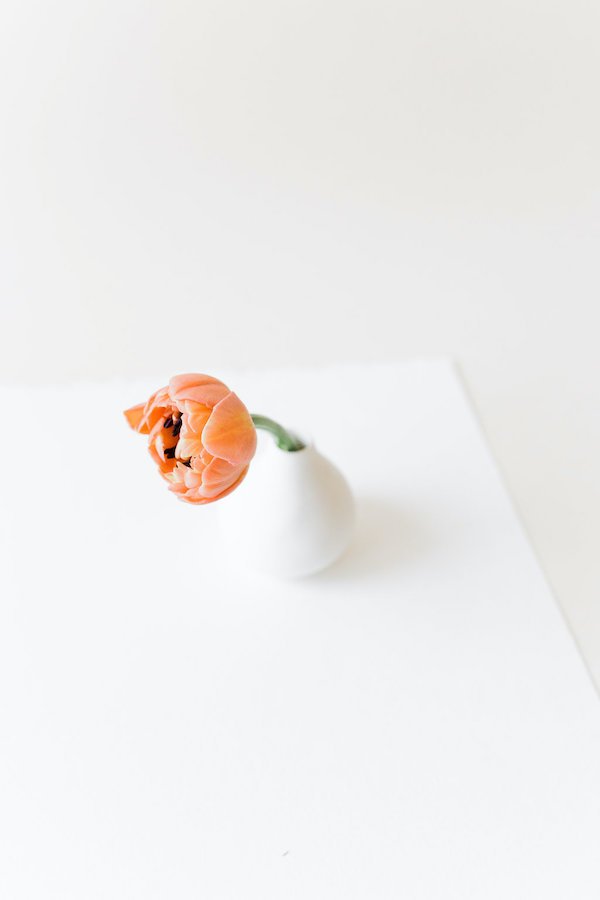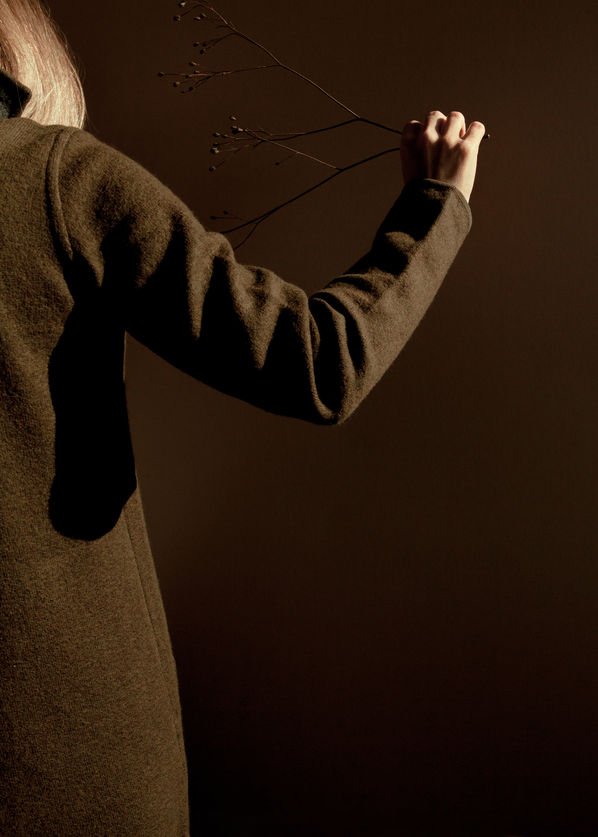
What It Means To “Belong To Yourself”—And How To Do It
Actionable Self-Love
I was fresh out of college, recently dumped and jobless when an older friend of mine gave me the best piece of advice that’s ever been bestowed upon me. I was sitting on the floor of her beautiful apartment in New York, feeling a lot like a directionless child. I was only visiting the city for a few days, before I’d have to fly back home to LA. There, I’d be forced to come to terms with my breakup, lack of a job and overall feeling of lostness. I was embarking on my journey into adulthood, and I was terrified at the thought of having to do it all on my own. It was as I explained my troubles to this very wise friend of mine that she offered her nugget of wisdom: “The most important thing you can do in this life,” she said, “is to belong to yourself.”
“The most important thing you can do in this life is to belong to yourself.”
When she said it, I was underwhelmed. In fact, on the inside I was rolling my eyes. Initially, the phrase “belong to yourself” brought back memories of every piece of advice I’d been given as a young girl. Advice like, “Instead of dating, focus on you” or “You have to love yourself before anyone else can love you”—vague ideas and concepts that seemed to have no real life application in my impatient adolescent mind. This advice didn’t work for me anymore. I was navigating real life problems, and needed real life answers.
Back home in LA, I was thrust into an inevitable season of loneliness I was desperate to get out of. Yet during this time, I was presented the unsolicited gift of self-reflection, in which I gained a better understanding of myself and my needs. Through all of these drastic life changes, I found myself continually asking others for permission—permission to say no to things, to say yes to things. Permission to do the things I needed to do to heal. Even permission to dress and carry myself in certain ways.
“As women, we question our ability to choose what we believe to be right for ourselves, for fear that we’ll be judged or misunderstood.”
Often times, as women, we question our ability to choose what we believe to be right for ourselves, for fear that we’ll be judged or misunderstood. What I learned, however, in those first few months after my college graduation, is that there is power in exercising my complete agency. Though, admittedly I often wanted nothing more than a friend or a new love interest to swoop in and magically make everything better, deep down I knew that the only person who could control the course of of my life was me.
Eventually, the lightbulb came on in my mind: belonging to yourself is all about being your own best advocate. It’s about being dedicated to the care and nurturing of your body and spirit. Unlike the fluffy advice I was given as a kid, this admonition to belong to myself was a call to action. It’s not about keeping yourself busy until someone else comes along to take the burden. This kind of self-love is about patience, and self-nurture, and trusting yourself to make good decisions.
Of course, it’s not as simple as it sounds. Belonging to yourself can be tiring, especially if you often play the role of the caretaker for others. Taking care of ourselves is not all bubble baths, essential oils and drinking natural wine. Deciding to become your own best advocate may very well be one of the most difficult decisions you ever make. It requires that we extend the love and care that we are so used to extending to others to ourselves, with the same intensity and fervor—if not more.
So, what does “belonging to yourself” actually look like on a day-to-day basis?
Do The Hard Stuff
On a very practical level, belonging to yourself often looks like buckling down and getting into the nitty gritty of self-care. For me, that looked like finally picking up the phone and scheduling doctor’s appointments, putting together a budget that worked for me—and sticking to it. Of course, I often had to drag myself kicking and screaming to these appointments, and sticking to a budget has been no simple task. Yet, cultivating healthy practices and setting goals for myself has revealed a new and exciting side of autonomy.
“Cultivating healthy practices and setting goals for myself has revealed a new and exciting side of autonomy.”
There is something so rewarding about setting your own rules and sticking to them. Doing the “hard stuff” will look different for all of us. It might mean having a difficult conversation with an old friend, or getting yourself out of an unhealthy living situation. Whatever the case may be, it is important that we learn to advocate for ourselves in whatever ways we can.
Be Nice To Yourself
The other side of this coin, however, is that we must be patient with ourselves when we fail—and we will fail. Though I am often self-aware enough to know what my needs are in a given situation, my ability to meet those needs isn’t so consistent. I’d be lying if I said I took my vitamins every single day or that I didn’t overspend on eating out with friends, literally every month.
“At the end of the day, we’re humans. And just because we know better, doesn’t necessarily mean we’ll always do better.”
At the end of the day, we’re humans. And just because we know better, doesn’t necessarily mean we’ll always do better. In short, it’s important to be kind to ourselves as we are in the process of learning how to better advocates for ourselves. We must be gentle with our hearts, handling ourselves with the same care and respect that we’d extend to anyone else. Rather than being hard on ourselves when we fail, let’s dedicate energy towards celebrating what we have accomplished—picking up and brushing ourselves off whenever we’ve fallen.
Be Yourself
In one of my favorite albums, Blonde by Frank Ocean, there is an interlude called “Be Yourself. In it, a very motherly voice gives the listener what many might consider an annoying lecture, in which she says: “Be yourself and know that that’s good enough…Don’t try to be like someone else. Don’t try to act like someone else. Be yourself, be secure with yourself. Rely and trust upon your own decisions, on your own beliefs.” When I think about the essence of what it means to belong to yourself, I think of this motherly voice, telling me—commanding me, rather—to just be myself.
“Only when we learn to accept the qualities that are inherently our own, are we able to embrace the fullness of who we are.”
There is no need to chase after qualities that are not our own. Such a chase does not serve us, or allow us to be the best version of ourselves. Only when we learn to accept the qualities that are inherently our own, are we able to embrace the fullness of who we are. For me, this looked like trying out new hairstyles and writing about topics that were close to my heart. For others, being yourself can be as simple as wearing your “weird” shoes to work. Or it can be as complex as standing firm in religious or political beliefs that differ from those of your friends and family. We cannot advocate for ourselves if we are constantly hiding who we are. Through this radical honesty, we give ourselves permission to live our most impactful and sustainable lives.
RELATED READING
Celeste M. Scott is the Social Media Coordinator at The Good Trade. She is a freelance writer who, in her not-so-spare time, dabbles in film photography, podcasting and the occasional YouTube video. She is passionate about race, Internet culture and all things Drake. You can find her work on her website and Instagram.




